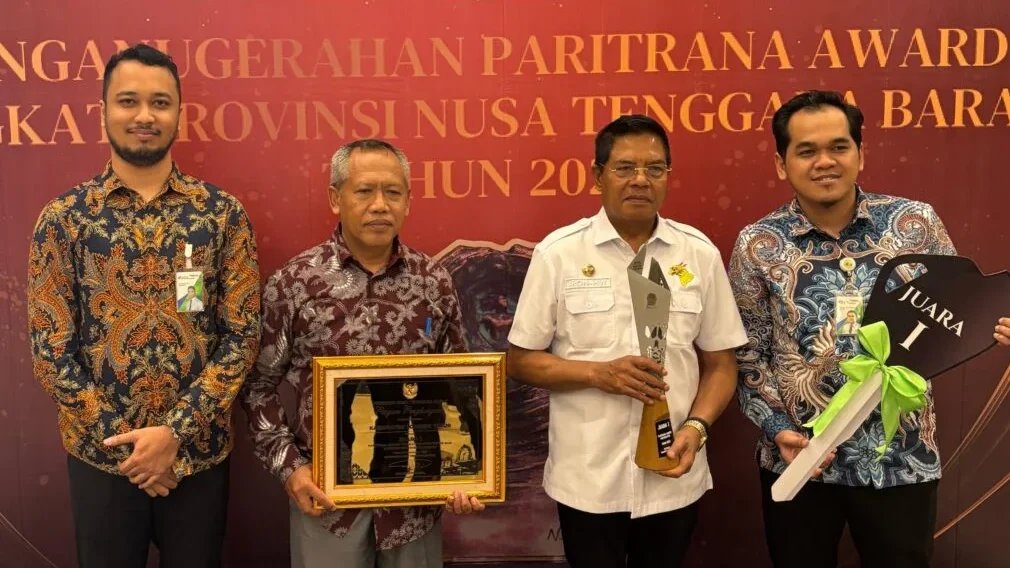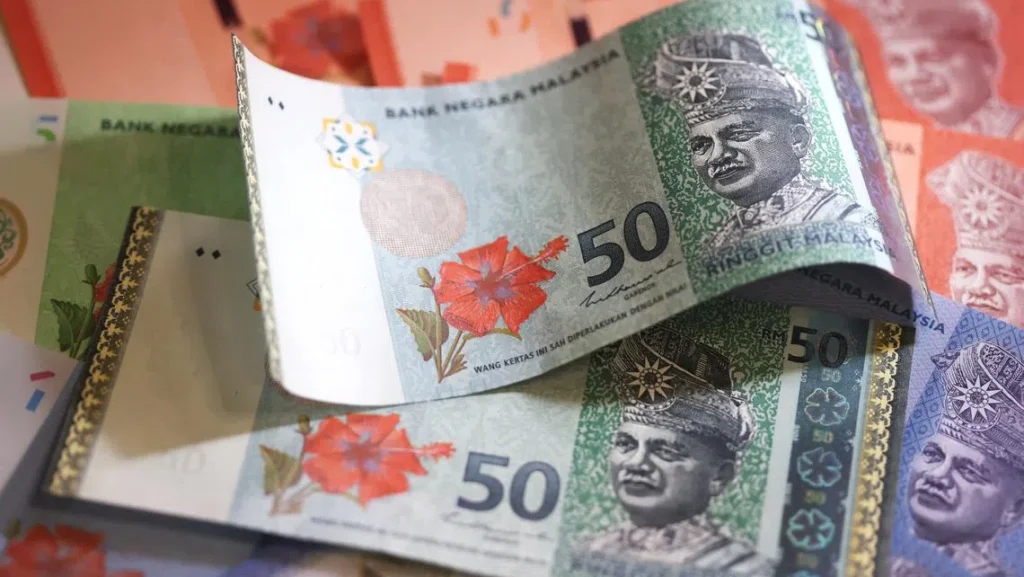Mataram — The Government of East Lombok has been recognized as the best in West Nusa Tenggara for its commitment to social protection. Regent H. Haerul Warisin received the 2025 Paritrana Award, presented by Vice Governor Hj. Indah Dhamayanti Putri, after East Lombok achieved the highest score in the province’s evaluation of labor protection programs.
The award, organized by BPJS Ketenagakerjaan in collaboration with the Coordinating Ministry for Human Development and Culture, highlights local governments that allocate significant resources to safeguard workers. East Lombok stood out for its proactive policies, including extending coverage to farmers, fishermen, and micro-entrepreneurs.
In his remarks, Regent Warisin emphasized that the award reflects the collective effort of the district government. “We have seen firsthand the benefits of BPJS Ketenagakerjaan. Farmers, fishermen, and small business owners can access protection without complicated procedures,” he said.
The district has already enrolled 2,500 mosque caretakers and religious teachers into the program, while also committing to cover 34,000 residents classified as extremely poor. Warisin announced plans to issue a Regent Regulation (Perbup) to ensure sustainable funding, with each of the district’s 239 villages allocated Rp20 million to support the initiative.
According to BPJS Ketenagakerjaan East Lombok, the district has 147,000 registered participants, with claims paid out reaching Rp18.8 billion as of August 2025. The agency praised East Lombok’s strong budgetary commitment, noting that in 2024 alone, protection was extended to 17,195 tobacco farmers with an allocation of Rp2.5 billion.
Vice Governor Indah Dhamayanti Putri lauded the achievement, calling it proof of the government’s dedication to protecting workers across all sectors. She stressed that the award should inspire other districts to strengthen their own social protection frameworks.
The recognition positions East Lombok as a model for inclusive governance, where social safety nets are not limited to formal workers but extended to vulnerable groups often overlooked in policy design.









